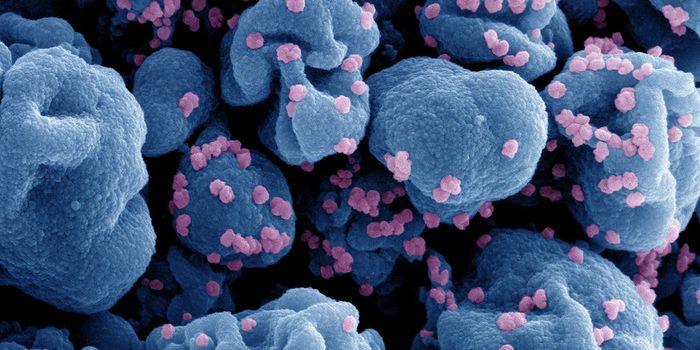A Simple New Test Detects a Rare but Fatal Heart Disorder
A simple new test has been designed to identify calcium release deficiency syndrome (CRDS), which can lead to dangerously fast heart rates, heart attack, and death. The disease is caused by genetic mutations that affect a gene called cardiac ryanodine receptor (RyR2), and lead to a loss of function. This disorder is a newly described type of arrhythmia, and is diagnosed using electrocardiography (ECG) measurements following brief periods of fast heart rate and a pause; these can be induced with artificial heart pacing, or may happen naturally in the clinic. The work has been reported in JAMA.
Thousands of people are affected by cardiac arrest every year, but CRDS cannot be detected with standard clinical assays. Thus, many cardiac arrest cases that are due to CRDS might be considered to have an unknown cause. People with CRDS are also not being treating effectively, and the family members of those with the disorder, who could also be affected, won't be alerted to the potential condition. This new test can help solve those problems.
"This novel and simple diagnostic method, which can be performed using an electrocardiogram in a broad range of clinical settings, is hopefully an important step towards improving our evaluation of initially unexplained cardiac arrest," said co-senior study author Jason Roberts, a scientist at the Population Health Research Institute (PHRI).
In this study, 68 CRDS patients and people with unexplained cardiac arrest were evaluated at ten clinics in seven countries. The researchers also used a mouse model of CRDS to learn more about the cellular mechanism underlying this disorder. The researchers are now conducting additional trials to confirm these findings.
"We hope this test will help many families worldwide who have faced unexplained cardiac incidents or lost loved ones to them," added Roberts.
The researchers also hopeful that this test will be integrated into routine evaluations for cardiac arrests without an explanation, so that those affected will have better outcomes and potentially, avert additional crises.
"This is an important discovery because there is an urgent need for a clinical diagnostic test for CRDS," said co-senior study author Wayne Chen, a scientist and professor at the University of Calgary. "This will allow us to identify individuals at risk, better understand the prevalence of CRDS and, hopefully, develop treatments for the condition."
Sources: McMaster University, Journal of the American Medical Association (JAMA)









